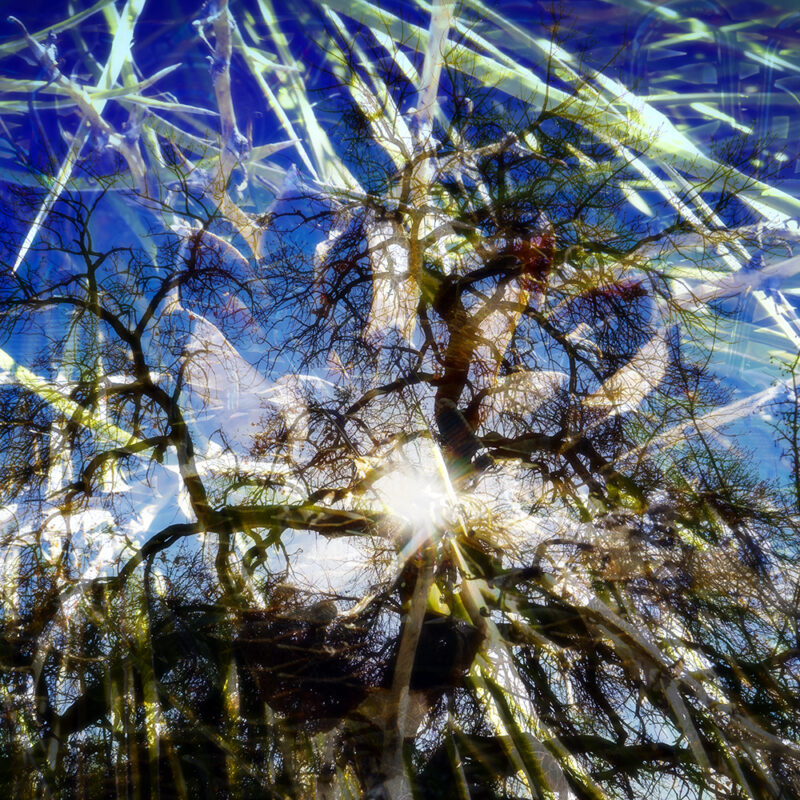Buckle up, folks. We’re about to take a wild ride down the rabbit hole of consciousness. It’s time to put on our philosophical thinking caps and dive into the murky waters of what makes us… well, us.
Picture this: two paths diverging in a yellow wood. Except instead of a wood, it’s the landscape of our understanding of consciousness, and instead of yellow, it’s all… consciousness-colored. (Work with me here, people.)
Path number one: The Ghost in the Machine
What if consciousness is the ultimate party crasher? An entity separate from our physical bodies, a “soul” if you will, that’s just hitching a ride in our meat suits? Maybe our brains are less the source of consciousness and more like a cosmic radio, tuning into the consciousness channel.
But how would this work? Perhaps we’ve got a sixth sense we haven’t quite pinned down yet. Not “I see dead people” sixth sense, but more like “I perceive the ethereal essence of being” sixth sense. And here’s where it gets really wild: what if language is the interface? The translator between the consciousness ether and our everyday experience?
Imagine consciousness as a foreign film, and language as the subtitles. Without the subtitles, we’d still see the movie, but we’d miss a lot of the nuance. Language might be our way of making sense of the abstract realm of pure consciousness, giving it structure and relevance to our physical world.
Path number two: The Biological Byproduct
Now, let’s swing to the other side of the pendulum. What if consciousness is just the cherry on top of our biological sundae? A nifty trick our brains evolved to perform, like opposable thumbs but for our inner world?
This is where things get a bit… existential. If consciousness is just our neurons doing the electric slide, what does that mean for the idea of a soul? For life after death? It’s enough to make a nihilist do a happy dance while the rest of us have an existential crisis.
But wait, there’s more! If consciousness is a biological function, do we have to extend the courtesy to our fellow earthlings? Are we sharing this planet with conscious carrots and enlightened elephants? Do we draw the line at beings with a central nervous system? With a brain? And who gets to define consciousness anyway? Is self-awareness the litmus test, or is it something more?
The Hierarchy Hypothesis
Now, here’s where most folks would probably chime in: “Surely, not all consciousness is created equal?” We humans, with our art and philosophy and Netflix binges, must be at the top of the consciousness food chain, right?
But is consciousness really a ladder, with humans smugly perched at the top? Or is it more like a vast, interconnected web, with each being experiencing a unique flavor of awareness? Maybe the consciousness of an oak tree is so alien to us that we can’t even recognize it. Perhaps a dolphin’s inner world is so rich and complex it would make our heads spin.
The Plot Thickens
So where does this leave us? Straddling the fence between mystical soul-stuff and cold, hard neurobiology. Maybe consciousness is a bit of both – a biological function that taps into something greater than ourselves. Or maybe it’s something else entirely, something we can’t even conceive of with our limited human perspective.
One thing’s for sure: the nature of consciousness isn’t just some academic exercise. It’s the key to understanding who we are, why we’re here, and what happens when this wild ride called life comes to an end.
So next time you’re lost in thought, spare a moment to wonder about the nature of that thought itself. Are you a ghost in a machine, a biological computer running consciousness.exe, or something else entirely? The answer might just change everything.
Welcome to the consciousness conundrum, folks. Population: everyone who’s ever wondered what the heck is going on inside their head. Which, let’s face it, is all of us.
